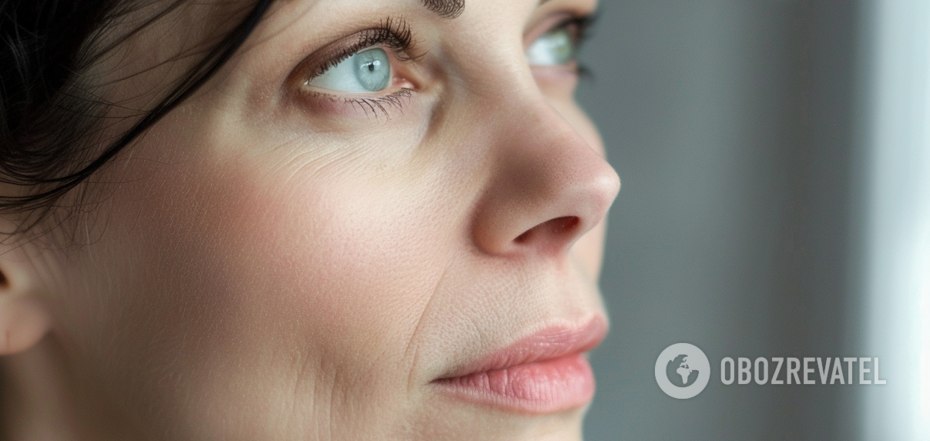Society
How global warming affects our skin health: important facts to know
Global warming is a reality that affects all aspects of our lives, including our skin health. According to the World Health Organization, rising temperatures and changes in air humidity can lead to exacerbation of dermatological problems such as acne, eczema, and psoriasis.
Ultraviolet radiation and skin risks
One of the main factors affecting skin health in a warming world is an increase in ultraviolet (UV) radiation. Due to the destruction of the ozone layer, which is exacerbated by climate change, our skin receives more harmful UV rays. This increases the risk of developing melanoma and other skin cancers.
Dehydration and dry skin
Rising temperatures lead to increased sweating and dehydration. When our skin lacks moisture, it becomes dry, flaky, and loses elasticity. This is especially true for people with sensitive skin and a tendency to dermatitis.
Air pollution and skin condition
Global warming increases the negative impact of air pollution on our skin. Toxic substances that enter the atmosphere as a result of industrial emissions and exhaust gases settle on the skin and provoke inflammatory reactions, premature aging, and hyperpigmentation.
How to protect your skin in a warming world: dermatologists' advice
To minimize the negative impact of global warming on skin health, dermatologists advise following the following rules:
- Use sunscreen with a high SPF daily, even in cloudy weather.
- Limit sun exposure between 11 a.m. and 4 p.m., when UV radiation is most intense.
- Moisturize the skin from the inside by drinking enough water and from the outside by using moisturizers.
- Cleanse the skin of impurities with mild cleansers.
- Visit a dermatologist regularly for preventive examinations and timely detection of skin problems.
Why self-treatment of skin problems can be dangerous
In the context of warming and increased exposure to harmful factors on the skin, many people try to solve dermatological problems on their own using pharmacy products or folk recipes. However, self-treatment can only worsen skin conditions and lead to complications.
For example, using antihistamines for atopic dermatitis without consulting a doctor can mask symptoms and make diagnosis more difficult. Over-the-counter antibiotics for acne can disrupt the natural balance of the skin's microflora and provoke bacterial resistance to drugs. The use of hormonal ointments for eczema without a dermatologist's supervision can lead to side effects and exacerbation of the disease.
Trust your skin health to professionals
If you notice any changes in your skin condition that bother you, do not self-medicate, but consult a dermatologist. Only a specialist can properly assess the problem, prescribe the necessary examinations, and choose an effective treatment based on your skin's characteristics. In addition, remember that prevention is always better than cure, so take care of your skin every day and stay healthy!



























